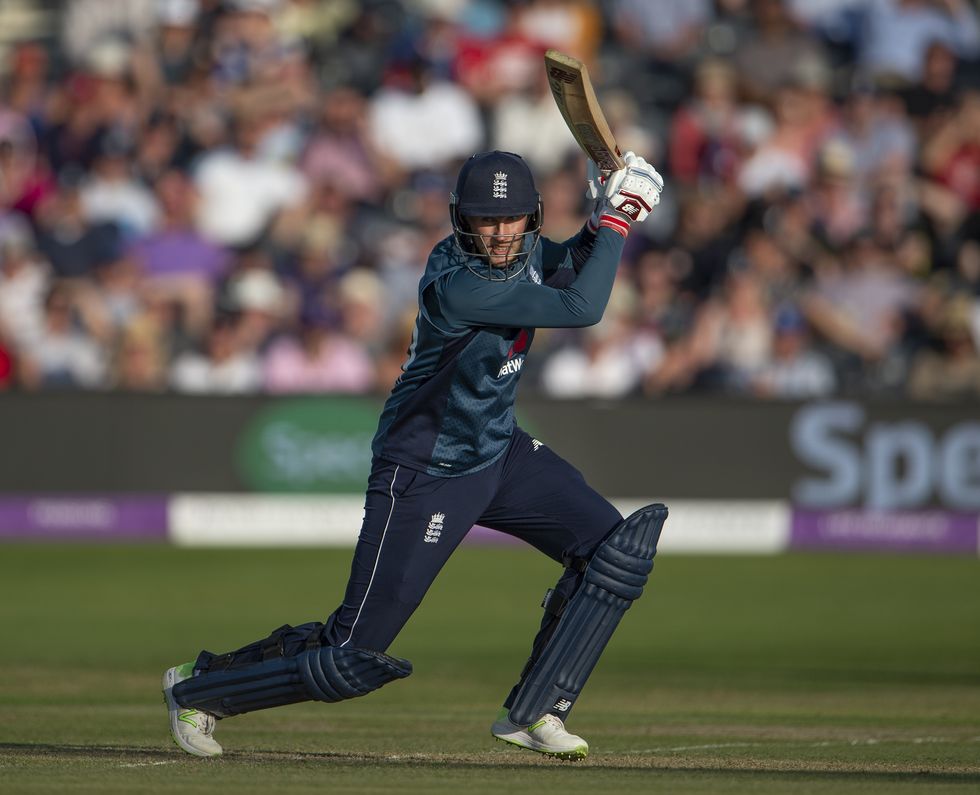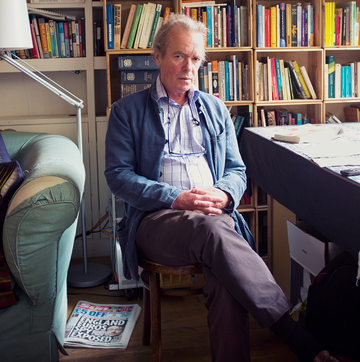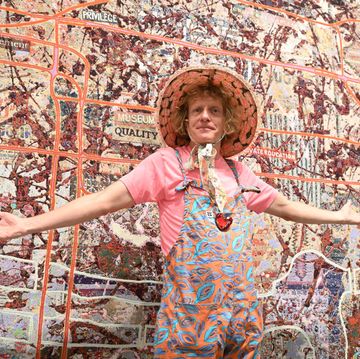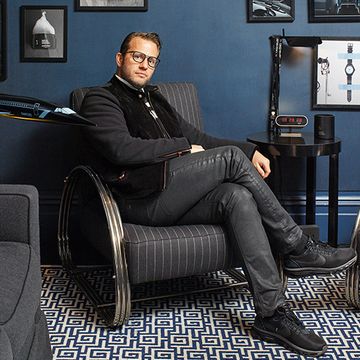I always found, growing up playing team sports and cricket in particular, you have a really good understanding of the world around you. You learn about different cultures and you learn about different religions and beliefs. From a young age you have a really good understanding of different areas of the world, and cultures that are on your own doorstep that you might be oblivious to.
There’s more awareness around LGBT issues in sport. Guys like Steven [Davies, Somerset and former England cricketer who in 2011 became the first international player to come out] coming out publicly was a very brave thing for him to do, but also very inspiring, I’m sure, for anyone else in a similar position. For me, that shouldn’t make a difference. It doesn’t make you a better or worse player. People should feel comfortable being themselves.
The way that we play the game now, there’s absolutely no fear in the way we go about things.
There’s a lot of preconceived ideas about cricket. You look at the three different formats, and it’s almost three different sports now.
One thing I love about the Test game is the amount of individual games within it. You can find, over five days, the conditions are completely different. Someone can be a focal point within the game on day one, but someone else can become a massive factor in the final day. Things can move and change hands day to day, session to session. There’s so many variants and intricacies within that, that if you’re willing to spend the time to try and notice and learn about them it can make it very interesting.
I was the perfect age for the 2005 Ashes to capture my imagination. I was 14 years old. I remember being, erm, ‘not very well’ the final day of that Oval Test match. By half nine I’d been into school, been 'sick' and then gone home. I managed to watch that whole last day, which was just phenomenal. It really was. It did inspire a nation, and this summer is a chance to do just that. We’ve seen first hand the impact it can have.
I try not to get involved in the sledging. It’s not my bag, really. Firstly, I don’t really see the need for it, and secondly, I’m not very good at it. Generally when you get involved in that stuff, unless you’re the best of the best, it comes back and haunts you in the end.
My first memories of cricket would be with my brother [Billy, two years younger, now a batsman for Glamorgan] either in the garden or at our local sports club – we’d go and watch dad play on the Saturday and we’d be knocking around in the nets or on the outfield. It’d be a Test match between me and him, every day.
At home we had a tiny garden, and a fence with a brook the other side of it. We’d get told off for losing too many balls in the brook, we were having to buy new ones every week. We’d tape up one side of the ball to make it swing or spin or make it faster, we’d put water on the floor to make it quicker, we’d put sticks in the grate at the bottom of the garage to make stumps: we’d be as resourceful as we could to make it as close to a real match as we could. You’d get double runs if you hit it into the house across the road, because he really didn’t like it if we were in his garden. We’d have to sneak in and steal the ball back.
I try to remember what it was like playing cricket as a five or ten-year-old and take that with me in the field. I think that’s the greatest thing about sport, the enjoyment that it can bring. You can forget that sometimes, under pressure.
The best thing about being from Yorkshire? That you’re from Yorkshire, I suppose. And proper Yorkshire puddings.
The best advice I’ve been given came from my mum: just be kind. Manners are free.
Joe Root is a NatWest ambassador, helping champion cricket at all levels as part of this year’s #NoBoundaries campaign.
Like this article? Sign up to our newsletter to get more articles like this delivered straight to your inbox.











